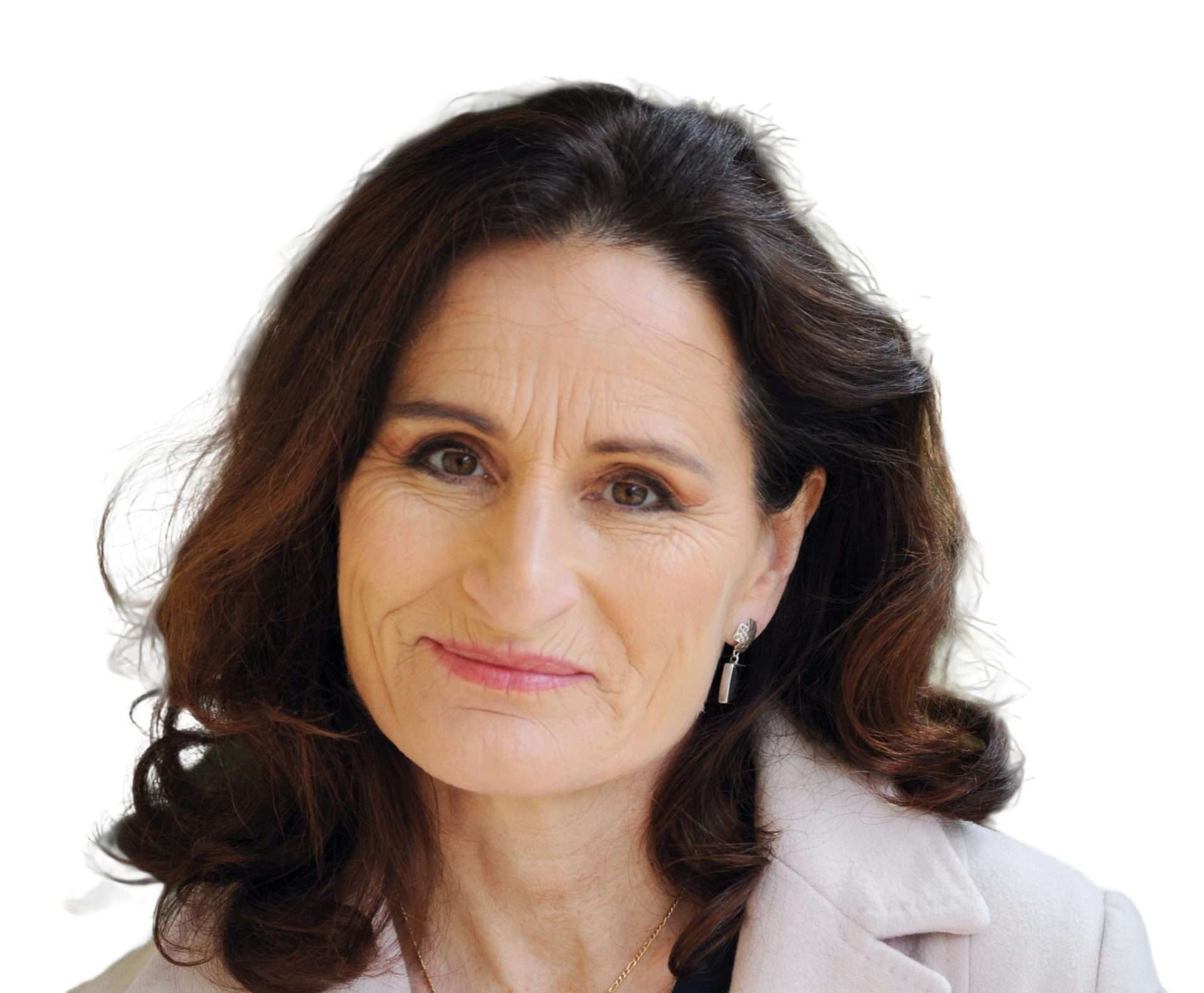Some women delegates spoke of gaslighting and of feeling patronised
What’s it like to be the elephant in the room? This is a question I asked myself when I was invited to join a panel of speakers at one of the “adjunct” events held in Rome during the Synod on Synodality. The other women on the panel included a German, an American and a Filipina academic. We have all been involved in various forms of pastoral ministry over the years, and have all felt called to the diaconate. The event was attended by theological experts and clergy from various countries, some Synod delegates, as well as friends and supporters.
I had been invited to the event by German women involved in the diaconate movement after participating in a webinar for the Feast of St Phoebe organised by the Australian Catholics Exploring the Diaconate group.
Speaking at the event, I had the strange feeling of being heard and yet marginalised at the same time. The issue was said to be “off the table” at the Synod, but it was very much on the table, because it was the subject spoken of more than any other. Some women delegates at the Synod spoke of gaslighting and of feeling patronised. Some voices inside and outside the Synod hall claimed that only a few Catholic women were interested in the diaconate, that women deacons was a “niche” issue, “a First World problem”. Others said to ordain women to the diaconate would only foster an even more clericalised Church.
Yet voices from the Amazon, Africa and elsewhere testified that women in leadership roles were already reaching out to marginalised people wherever they are, bringing them the Word and the Sacraments. It is an extension of the work that women in ministry all around the world already do. Ordaining women to the diaconate would create a more community focused, less clericalised Church, one more like the earliest Christian communities.
I first received my call to be part of the diaconate whilst working as a pastoral care chaplain at St Vincent’s Hospital in Sydney in the 1990s. It was at that time that the Australian bishops commissioned an inquiry into the role of women in the Church, and like many others, I made a submission, which of course included a suggestion that women be ordained to the diaconate. That was nearly 30 years ago.
Ordination for the diaconate is clearly differentiated from ordination to the priesthood. It would allow Catholics to receive the sacraments of Anointing of the Sick and Baptism from women as well as male deacons, and women as well as male deacons could preside at church funerals and weddings. There are reports of Catholics dying in hospitals in Australia without having been anointed, because no priest is available.
“There is no reason or impediment that should prevent women from carrying out leadership roles in the Church,” the Final Document of the Synod declares. “What comes from the Holy Spirit cannot be stopped” (paragraph 60). And the document affirms, “The question of women’s access to diaconal ministry remains open. This discernment needs to continue.”
Pope Francis immediately approved this document. It is now part of the Church’s magisterium. We already know that there were women deacons in the early Church, and that up until the early Middle Ages there were women deacons who were also ordained by bishops. The Synod has firmly put to bed the false reports that the issue of women deacons is a dead one.
A few days after our event, as I sat in on a talk near the Vatican on “The Exercise of the Primacy and the Synod of Bishops”, I felt like I was experiencing a weird cross between a United Nations briefing and a Game of Thrones episode.
The women who, like me, feel a call to the diaconate are not seeking to put a twenty-first century secular construct on to the Church. We seek to restore an ancient tradition, and to respond to an urgent contemporary pastoral need.
If the Church truly wants to be a synodal church, a listening Church, a bridge to the world, the ordination of women to the diaconate is one small step in the right direction that could change everything.
Joanna Thyer is a former hospital chaplain, medical educator and counsellor. Her books include 12 Steps to Spiritual Freedom: Understanding the Christian Roots of Twelve Step Programs (Loyola Press). She lives in Sydney, Australia.


No comments:
Post a Comment